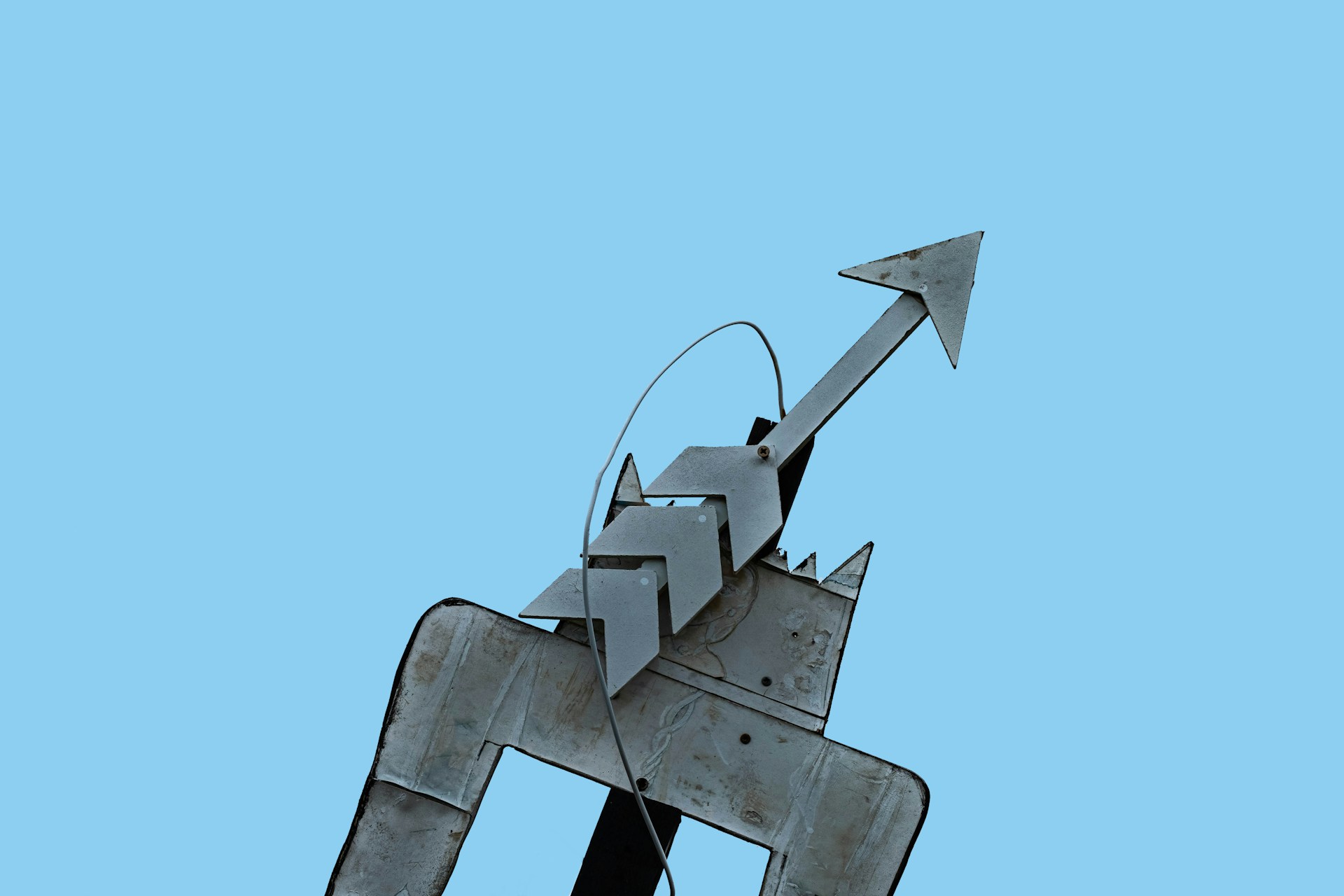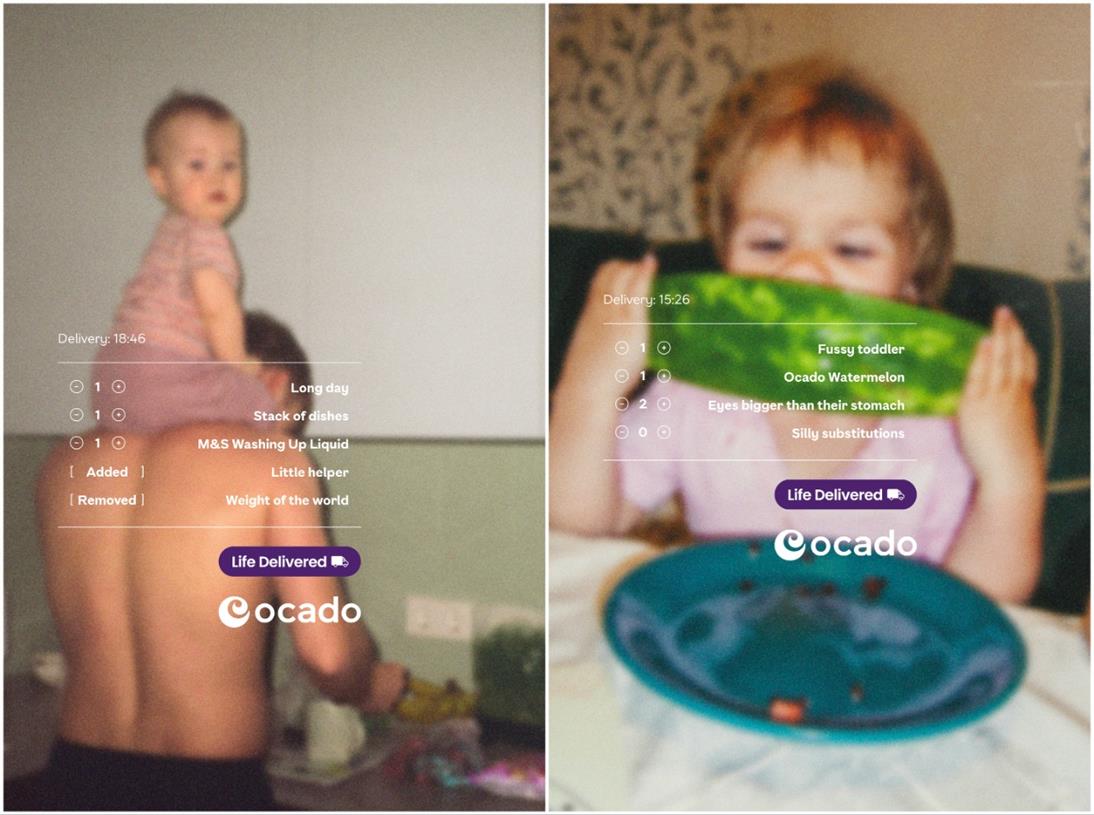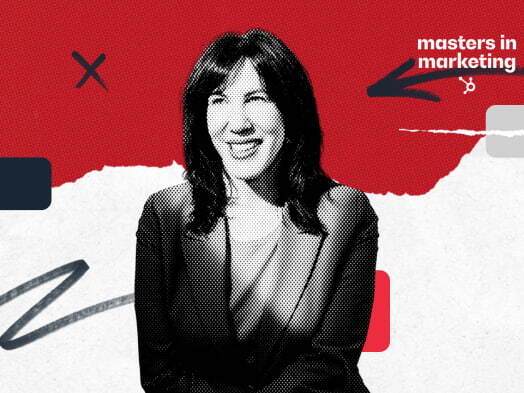Chatbot-generated Schumacher ‘interview’ leads to editor’s dismissal
A magazine editor has been fired after running an article about Michael Schumacher that used using generative-AI to create what looked like his spoken words.

A magazine editor has learned the hard way about the ethical limits of using generative AI after she was fired for running an “interview” with F1 motor racing legend Michael Schumacher using quotations that were actually from a chatbot.
Seven-time F1 world champion Schumacher has been out of the public eye since 2013 when he sustained severe head injuries in a skiing accident during a vacation in France.
The German tabloid magazine, Die Aktuelle, showcased the article on a recent front page with a photo of the former motor racing champion and the headline: “Michael Schumacher, The First Interview, World Sensation,” together with a much smaller strapline saying: “It sounds deceptively real.”
It emerged in the article that the quotations had been generated by Character.ai, an AI chatbot similar to OpenAI’s ChatGPT and Google’s Bard, which have gained much attention in recent months for their versatility and their impressive ability to converse in a human-like way.
In Die Aktuelle’s “interview,” Schumacher, or in fact the chatbot, talked about his family life and health.
“My wife and my children were a blessing to me and without them I would not have managed it,” the chatbot, speaking as Schumacher, said. “Naturally they are also very sad, how it has all happened.”
Schumacher’s family intends to take legal action against the publication, according to a BBC report.
The magazine’s publisher, Funke, has apologized for running the article.
“Funke apologizes to the Schumacher family for reporting on Michael Schumacher in the latest issue of Die Aktuelle,” it said in a statement.
“As a result of the publication of this article … Die Aktuelle editor-in-chief Anne Hoffmann, who has been responsible for journalism for the newspaper since 2009, will be relieved of her duties as of today.”
Bianca Pohlmann, managing director of Funke magazines, said in the statement: “This tasteless and misleading article should never have appeared. It in no way corresponds to the standards of journalism that we — and our readers — expect from a publisher like Funke.”
Character.ai, launched in September last year, lets you “chat” with celebrities, historical figures, and fictional characters, or even ones you created.
That may be fine in the privacy of your own home, but taking it a step further and publishing an article based on the chatbot’s responses is clearly a huge risk.
As generative AI continues to improve and edge ever more into our lives, more missteps like this are to be expected, though hopefully, Die Aktuelle’s blunder may prompt publishers to think twice about how they utilize content created by a chatbot.
Editors' Recommendations
Google’s ChatGPT rival is an ethical mess, say Google’s own workers Elon Musk setting up generative-AI project at Twitter, report claims Google Bard vs. ChatGPT: which is the better AI chatbot? New AI tools could ‘easily’ lead to 4-day week, expert says The best AI image generators to create art from text![]()
Not so many moons ago, Trevor moved from one tea-loving island nation that drives on the left (Britain) to another (Japan). As far as electronics are concerned, he's in the right place, with the East Asian country continuing to produce a plethora of gadgets and gizmos for tech addicts around the world. When not writing for Digital Trends, Trevor can be found out and about taking far too many photos, or in front of his computer trying to sort them all out.
6 examples of how creepy and realistic AI-generated voices have become
In the ongoing AI revolution, images and text are yesterday's news, leaving audio as a new frontier to explore, and incredible progress has already been made. Here are six examples of AI audio generation that will leave you speechless.
Twitter is a hub of AI excitement, and notable artificial intelligence curator Barsee collected 13 examples of computer audio that create music, vocals, and speech, and we're highlighting six of those. Musicians and voice actors might be the next to face the challenge of AI encroachment.
ChatGPT could threaten 300 million jobs around the world
The meteoric rise of artificial intelligence (AI) tools like ChatGPT has fueled a wide range of fears, from an increase in undetectable propaganda to the spread of racist and discriminatory speech. Experts have also raised the alarm over possible job losses, and a new report lays out precisely how disastrous AI tools could be for employment.
According to Goldman Sachs, up to 300 million full-time jobs could be lost around the world as a result of the automation that ChatGPT and other AI tools could usher in. That’s as much as 18% of the global workforce.
Tech leaders call for pause of GPT-4.5, GPT-5 development due to ‘large-scale risks’
Generative AI has been moving at an unbelievable speed in recent months, with the launch of various tools and bots such as OpenAI’s ChatGPT, Google Bard, and more. Yet this rapid development is causing serious concern among seasoned veterans in the AI field -- so much so that over 1,000 of them have signed an open letter calling on AI developers to slam on the brakes.
The letter was published on the website of the Future of Life Institute, an organization whose stated mission is “steering transformative technology towards benefitting life and away from extreme large-scale risks.” Among the signatories are several prominent academics and leaders in tech, including Apple co-founder Steve Wozniak, Twitter CEO Elon Musk, and politician Andrew Yang.

 Tfoso
Tfoso 

































